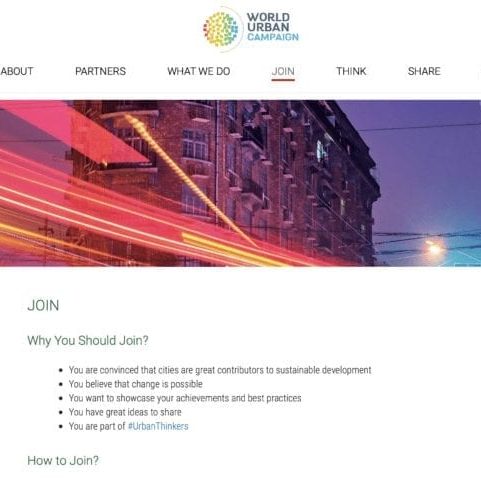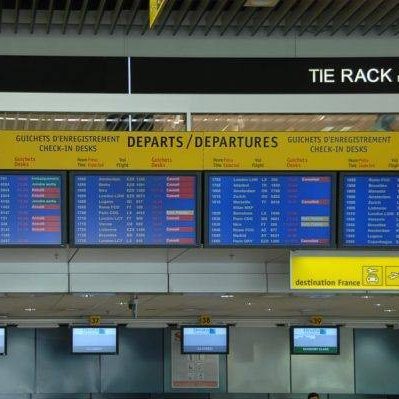Client: SAFEGRO project (Government of Vietnam and partners)
Listing of the client in no way affirms the client's support, sponsorship, or validation in any form of Risk Sciences International or the RSI staff member(s) who conducted this project during their stay with RSI or prior to joining the company. This case study is displayed for informative purposes only to demonstrate the capacity of RSI staff members. This case study reveals no proprietary information or information deemed sensitive.
Development of a National Food Safety Information System and Risk Assessment Capacity in Vietnam
Authorities in Vietnam sought targeted expertise to strengthen the country’s ability to detect, assess, and respond to food safety threats. This initiative had two linked objectives: building a comprehensive, transparent, and reliable national food safety information system, and enhancing risk assessment (RA) capacity at national and sub-national levels.
For the information system component, the work aimed to create a shared data platform and network connecting ministries, laboratories, and regional authorities. The goal was to improve estimation of foodborne diseases, streamline incident reporting, and enable rapid, coordinated responses to outbreaks. Activities included a detailed gap analysis of existing systems, stakeholder consultations, and design of modern digital tools such as laboratory mapping, early warning analytics, and secure collaboration environments. A Vietnam Foodborne Illness Outbreak Response Protocol (VFIORP) was also within scope, providing inter-ministerial guidance for managing cross-jurisdictional incidents. Recommendations covered system architecture, data management processes, inter-ministerial coordination, and integration with regional and international networks, along with pilot system design and capacity development programs.
For the risk assessment capacity component, the work supported the creation of a Network for Food Safety Risk Assessment (NFSRA). This included evaluating the current regulatory framework, identifying gaps in RA methodology and resources, and designing targeted training programs. The team provided hands-on workshops, developed curricula aligned with a competency-based framework, and piloted the adaptation of the open-source iRisk software for Vietnam’s needs. Training spanned awareness sessions for senior managers, operational RA skills for inspectors, and advanced quantitative methods for national trainers and senior assessors. An international study tour further supported knowledge exchange and long-term institutional capability.
Together, these efforts were intended to embed evidence-based, risk-focused decision-making into Vietnam’s food safety governance, improving prevention, detection, and management of food safety incidents across the country.
Experts related to this case study
More RSI Case Studies
RSI presents a very small selection of case studies to highlight some of its key work.



















